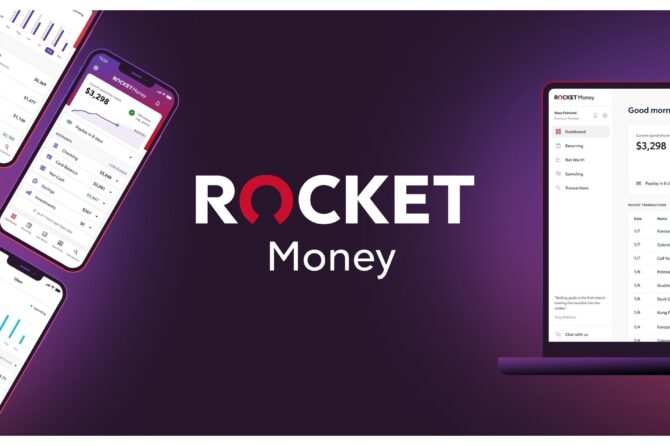Facing unemployment can be an overwhelming experience, especially when it comes to managing your finances. With no steady income, it’s more important than ever to control spending, plan ahead, and maximize every dollar. Here are some actionable tips and creative ideas to help you stay financially stable during this challenging time.
1. Create a Detailed Budget
Start by assessing your financial situation. List all your essential expenses (rent/mortgage, utilities, groceries, insurance, etc.) and non-essential ones. This will give you a clear picture of where your money is going and help you identify areas to cut back.
Action Steps:
- Use a budgeting app or spreadsheet to track your income and expenses.
- Prioritize essential expenses and reduce discretionary spending (e.g., dining out, subscriptions).
- Allocate funds for emergencies, even if it’s a small amount.
2. Remove the “Illusion of Wealth”
Seeing money in your bank account can create a false sense of financial security, leading to unnecessary spending. To counter this, consider strategies to separate essential funds from your general account.
Idea: Prepaid Gift Cards
One effective approach is purchasing prepaid gift cards for stores where you buy essential items (e.g., Amazon, Target, Walmart, local pharmacies). By converting some of your cash into these cards, you reduce the temptation to spend money frivolously while ensuring you have funds set aside for necessities.
Benefits:
- Forces you to plan ahead and allocate money specifically for essentials.
- Reduces the psychological urge to overspend when you see a higher bank balance.
- Makes budgeting more tangible and structured.
3. Cut Back on Non-Essentials
Unemployment is a time to reevaluate your spending habits. While some expenses might seem small, they add up quickly over time.
Suggestions:
- Cancel or pause unused subscriptions (streaming services, gym memberships).
- Opt for free or low-cost entertainment (library books, free streaming options, local community events).
- Cook at home instead of dining out.
4. Negotiate Bills and Payments
Many service providers offer temporary relief programs for those facing financial hardship. Don’t hesitate to reach out and ask for assistance.
Examples:
- Contact your landlord or mortgage provider to discuss deferment options.
- Negotiate lower interest rates on credit cards or consolidate debts.
- Call utility companies to see if they offer payment plans or discounts.
5. Explore Community Resources
Take advantage of local and online resources to save money on essentials or access support.
Ideas:
- Look for local organizations offering assistance with utilities or transportation.
- Join neighborhood groups to swap items or services (e.g., babysitting, clothing, tools).
- Use food banks or community meal programs.
6. Find Ways to Earn Extra Cash
While searching for a full-time role, consider side gigs or freelance work to supplement your income.
Options:
- Online platforms like Upwork or Fiverr for freelance opportunities.
- Selling unused items on marketplaces like eBay or Facebook Marketplace.
- Temporary or part-time roles in retail, delivery services, or customer support.
7. Focus on Long-Term Savings
If you receive severance pay, unemployment benefits, or any other lump sum, resist the urge to spend it quickly. Instead, stretch it over time by setting limits on monthly withdrawals.
Tip:
- Open a high-yield savings account to store emergency funds and earn interest.
- Use automated transfers to move a fixed amount into your checking account each month, mimicking a paycheck.
8. Lean on Your Support Network
Remember, you’re not alone. Family, friends, and community members can offer valuable advice, encouragement, or even financial assistance if needed.
Ways to Connect:
- Share expenses with roommates or family members.
- Swap skills with friends (e.g., trading childcare for car repairs).
- Join support groups or online forums for unemployed individuals.
Final Thoughts
Budgeting during unemployment requires discipline and creativity, but it’s a skill that can help you navigate tough times with less stress. By proactively managing your money and using strategies like prepaid gift cards, reducing non-essentials, and leveraging community resources, you can make your finances work for you until you find your next opportunity. Remember, every small step you take today will help you build a more secure tomorrow.











